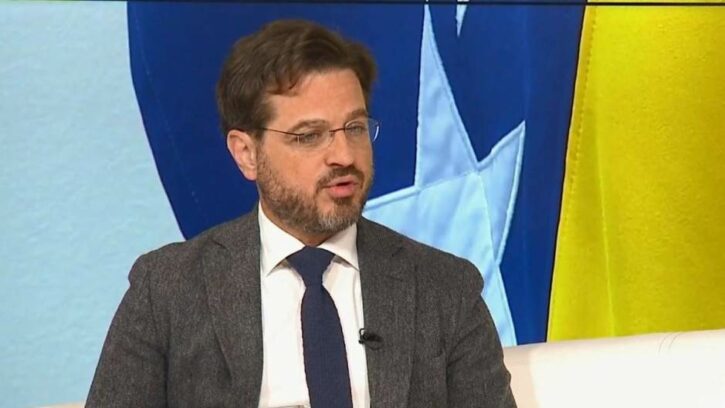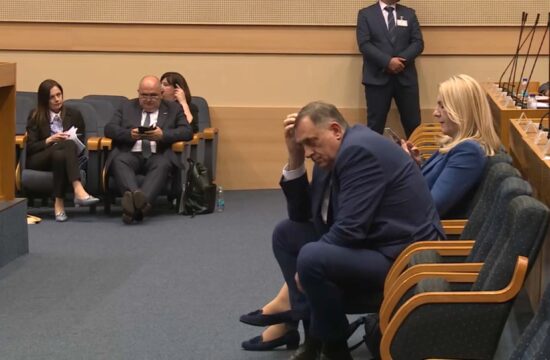
Every ruling passed by Bosnia's Constitutional Court and European Court of Human Rights (ECHR), concerning electoral legislation of Bosnia and Herzegovina, depends on a political compromise of currently ruling parties, said constitutional law expert Nedim Ademovic.
“One of the backbones of European tradition is citizens being entitled to the right to vote. Bosnia and Herzegovina is not a democratic country in that sense. We showed that and the European Court of Human Rights confirmed it. And finally, our Constitutional Court confirmed it as well,” said Ademovic, adding that he was not optimistic about any change happening soon.
“They have no feeling of the necessity to reach a political compromise and implement those rulings, that this is their obligations and that they cannot avoid it in the way where they shift responsibility and obstruct, which is constantly happening in Bosnia and Herzegovina,” he underlined.
The agreement is not likely to happen, according to Ademovic, as the two strongest political parties among the Croats and Bosniaks promote two completely different concepts and have confronting stances.
“The citizens are the only ones who have the right and power to punish such authorities for not being capable of reaching a political compromise within the framework of allowed international laws,” he stressed. “Elections and giving trust to this or that option is the only sanction that exists at this moment.”
Bosnia’s election law is an issue political leaders have been bickering about for years, without ever managing to reach a compromise.
The problems stem from two court rulings.
One of them is a 2009 ruling by the European Court of Human Rights which said that Bosnia must allow minorities the right to run for certain posts.
According to the 1995 Dayton Peace Agreement, the country’s presidency consists of representatives of Bosnia’s three constituent peoples – the Bosniaks, the Serbs and the Croats. The House of Peoples is also filled with members of only those groups.
The Court found that this violates the rights of the country’s minorities and ordered Bosnia to change it.
The other ruling was handed down by Bosnia’s Constitutional Court in 2016.
The Court ruled partially in favour of a complaint lodged by Bosnian Croat politician and former HDZ member Bozo Ljubic, who complained about the state election law provision dictating that cantons delegate at least one representative from each of the country’s three main ethnic groups to the upper chamber of the Federation (FBiH), the semi-autonomous entity in the country shared mostly between Bosniaks and Croats.
He argued that the Croat influence in cantons with a majority Bosniak population was unfairly diminished in the process of selecting FBiH MPs.
According to Ljubic, Croat candidates should be elected from majority Croat cantons exclusively.
The Constitutional Court declared that part of the law unconstitutional and gave political representatives six months to agree on how to amend it.
This was never done until now, mostly because the HDZ BiH and the main Bosniak party in the country, the Party for Democratic Action (SDA), failed to reach a compromise.
Officials from the SDA, as well as from a number of left-leaning and citizen-oriented parties argued that changing the law the way the HDZ wants it would effectively divide Bosnia into separate regions based on ethnicity – which would contradict the EU Human Rights Court ruling.








